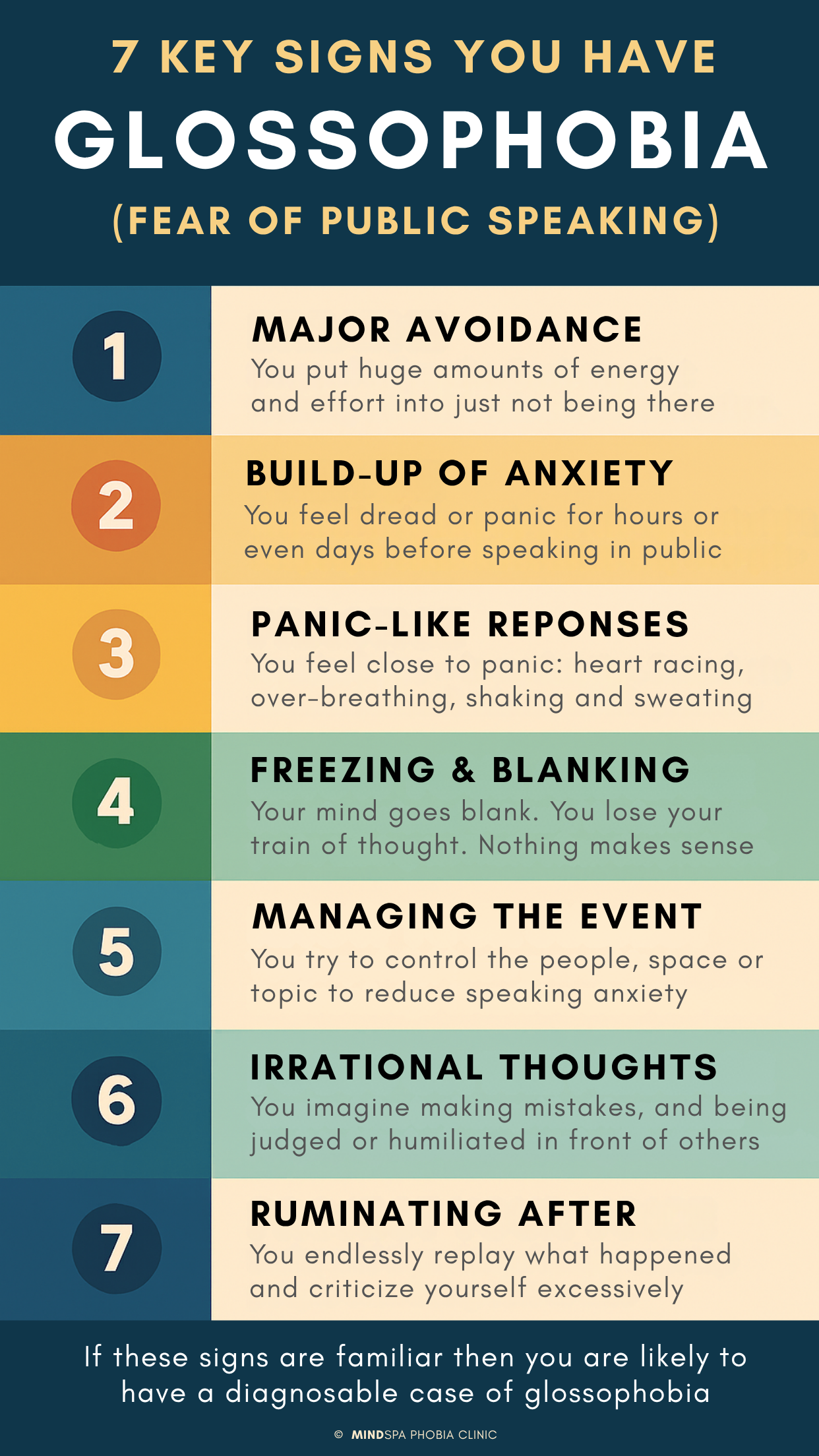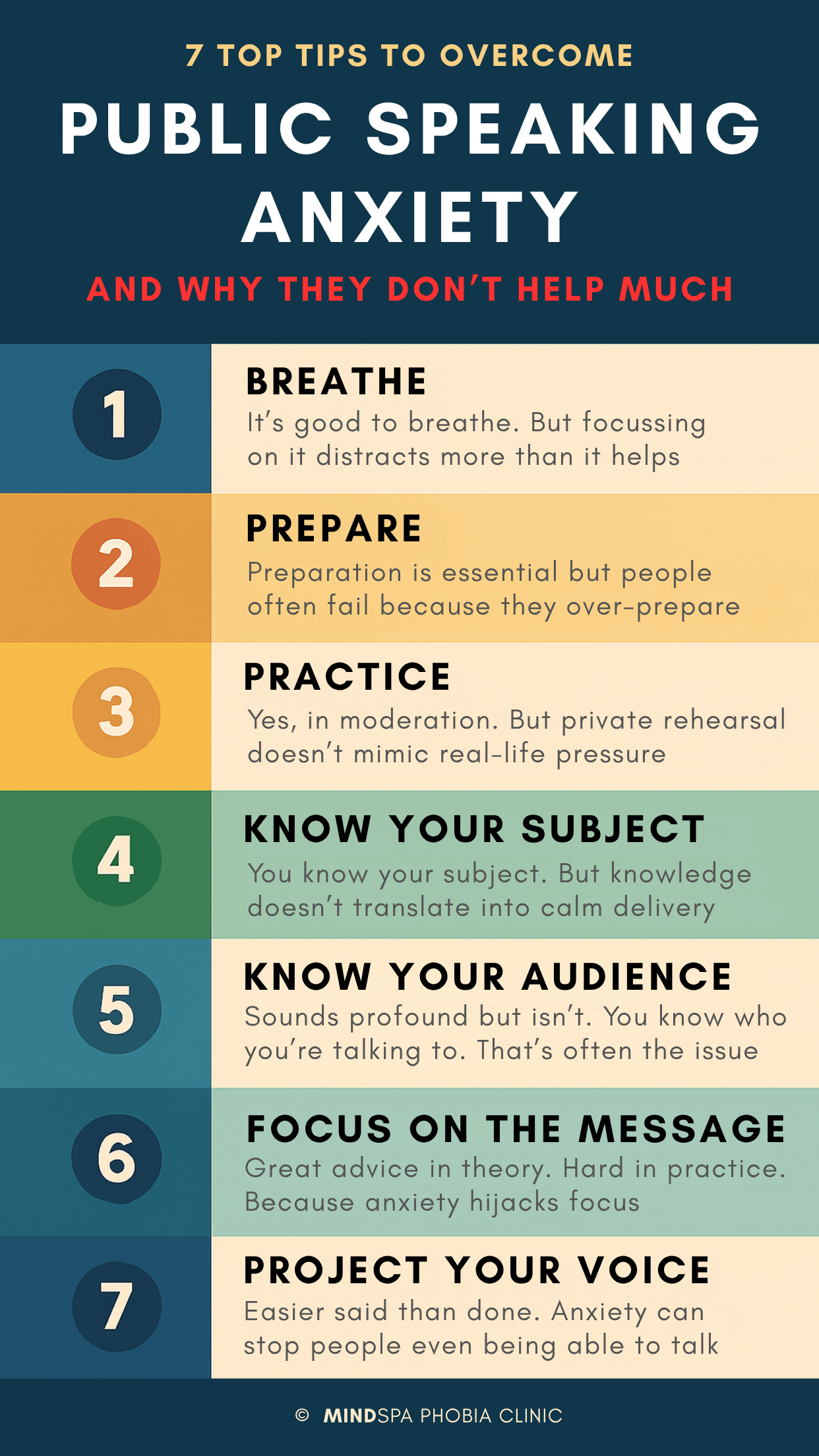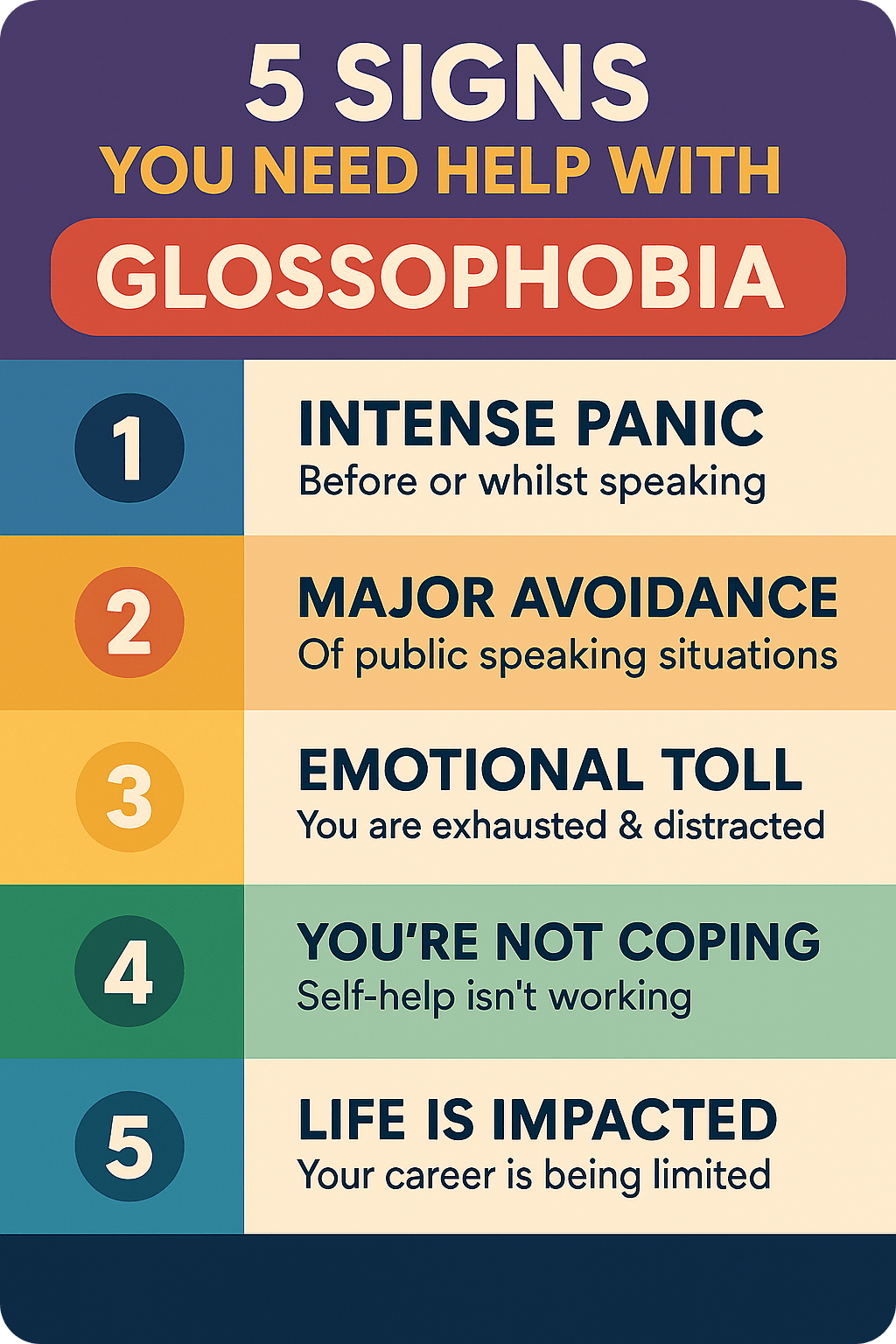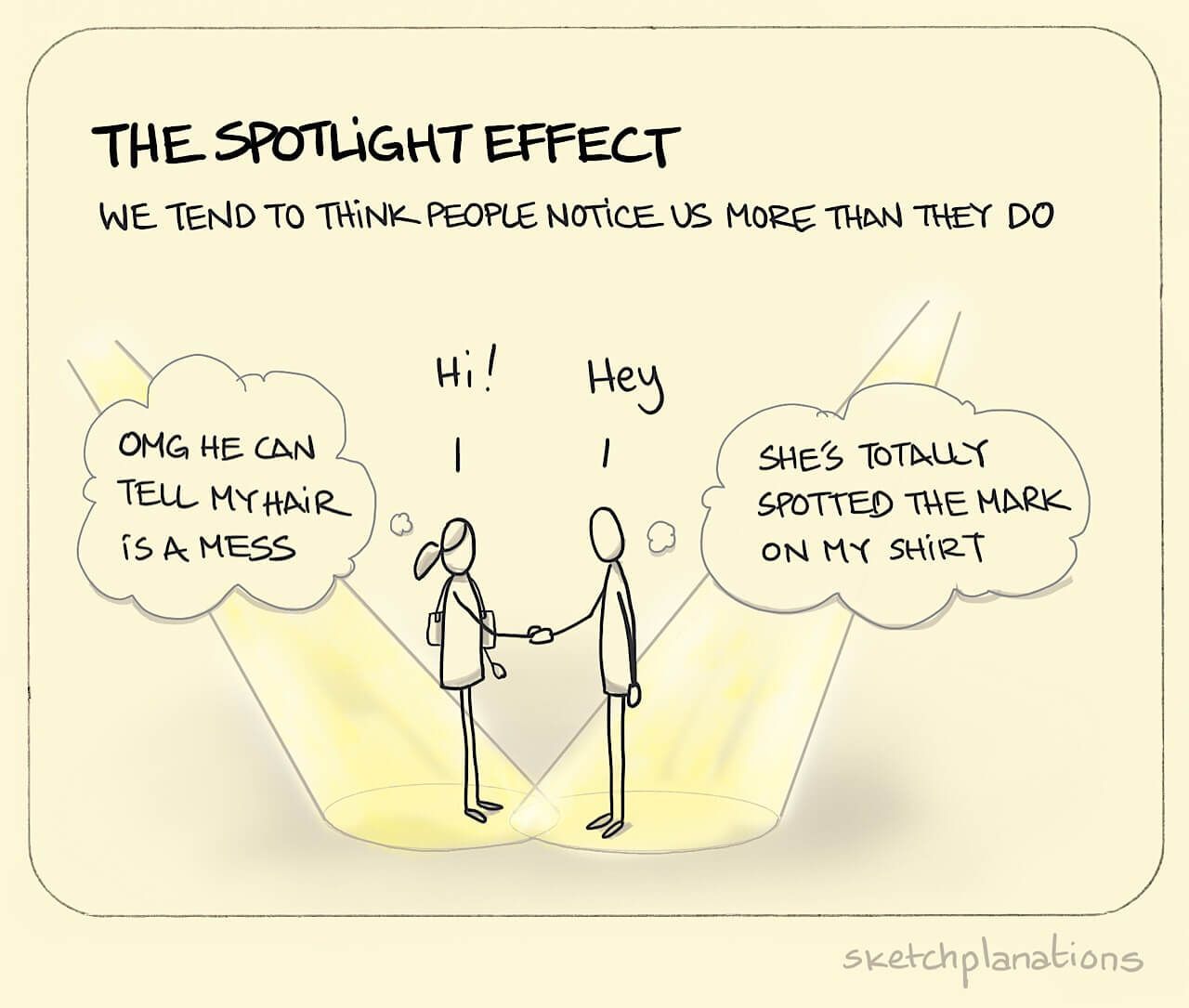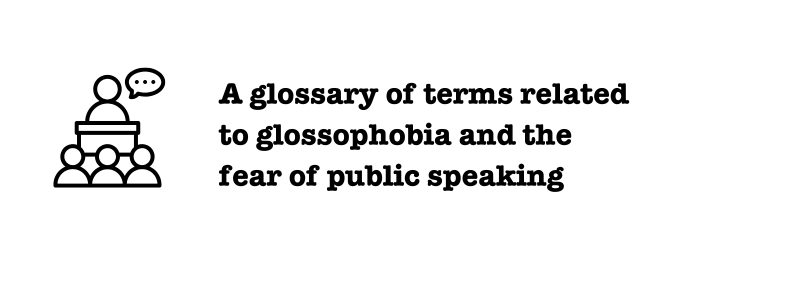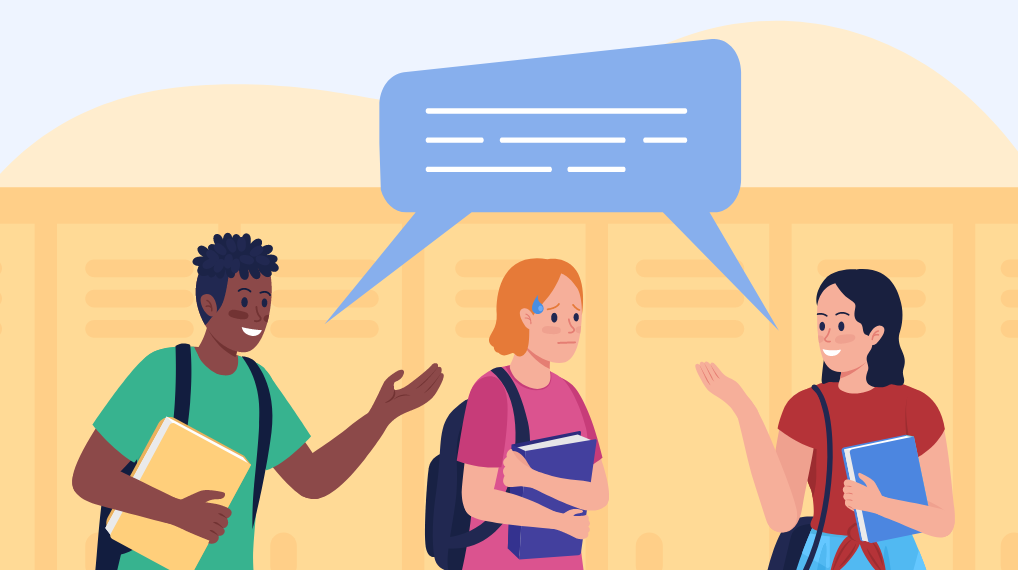The Science of Phobias
There are two parts to your mind – one that thinks, and one that feels. The thinking part is the conscious, rational mind that you are using now as you read this.
The feeling part is the unconscious, emotional mind. It takes care of automatic tasks like regulating the heart, controlling pain and managing our instincts.
It’s the unconscious mind that is programmed to act instinctively in times of danger. It reacts very fast – making you run or fight – rather than allowing your thinking mind to philosophise while you are attacked by a tiger. This has great survival value.
The unconscious mind is also a very fast learner. The same emergency route that can bypass the rational mind in times of danger can also stamp strong emotional experiences (traumatic ones) in the unconscious mind. This makes evolutionary sense – it ensures that we have vivid imprints of the things that threaten us.
And just like we have two minds, so we have two memory systems: one for the facts and one for the emotions that may or may not go with those facts.
Sometimes, when a person experiences a very traumatic event, the highly emotional memory of the event becomes trapped – locked in the emotional brain. In an area called the amygdala – the emotional storehouse. There is no chance for the rational mind to process it and save it as an ordinary, non-threatening memory in factual storage (in the hippocampus). Like the memory of what you did last Sunday.
Instead, the emotional brain holds onto this unprocessed reaction pattern because it thinks it needs it for survival. And it will trigger it whenever you encounter a situation or object that is anything like the original trauma. It doesn’t have to be a precise match.
This is pure survival again. You only need to see part of a tiger through the bushes for the fear reaction to kick in again – for the “fight or flight” response to trigger – you don’t have to wait until you see the whole tiger or identify it exactly as the tiger that attacked you before. In fact, it probably only has to be something orange and black moving through the bushes. This is why the pattern matching process is necessarily approximate, or sloppy. You err on the side of safety. You don’t have to have all the details to know if something is dangerous.
This is the basis of a phobia: a fear response attached to something that was present in the original trauma. The response is terror, shaking, sweating, heart pounding etc. And because of the sloppy pattern-matching it can be stuck to literally anything – animal, mineral or vegetable. It may not even be glued to the thing that caused the trauma. So, a child attacked in a pram by a dog may develop a phobia of prams rather than of dogs.
It is because phobias are created in this way, by our natural psycho-neurology, that they are so common. It’s the way we are wired. Approximately 10% of people have a phobia. And it’s precisely because they are created by the unconscious mind that they seem so irrational. Of course they are – the rational thinking brain hasn’t had a chance to go to work on them.
Many traditional phobia treatments, including drugs, attempt to deal with the phobia by calming things down after this response pattern has triggered. They treat the symptoms, not the cause.
To treat the cause, this trapped traumatic memory has to be turned into, and saved as, an ordinary unemotional memory of a past event. The emotional tag, the terror response, needs to be unstuck from that object or situation.
This is exactly what the Fast Phobia Cure* does. It allows you to review the traumatic event or memory from a calm and dissociated, or disconnected, state. Your rational mind can then do its work in turning the memory into an ordinary, neutral, non-threatening one. And store it in factual memory where it should have been to start with. This happens very quickly. The mind learns fast. It learned the fear response quickly and it learns the neutral response just as quickly. And when that happens your phobia is gone. You are free.

